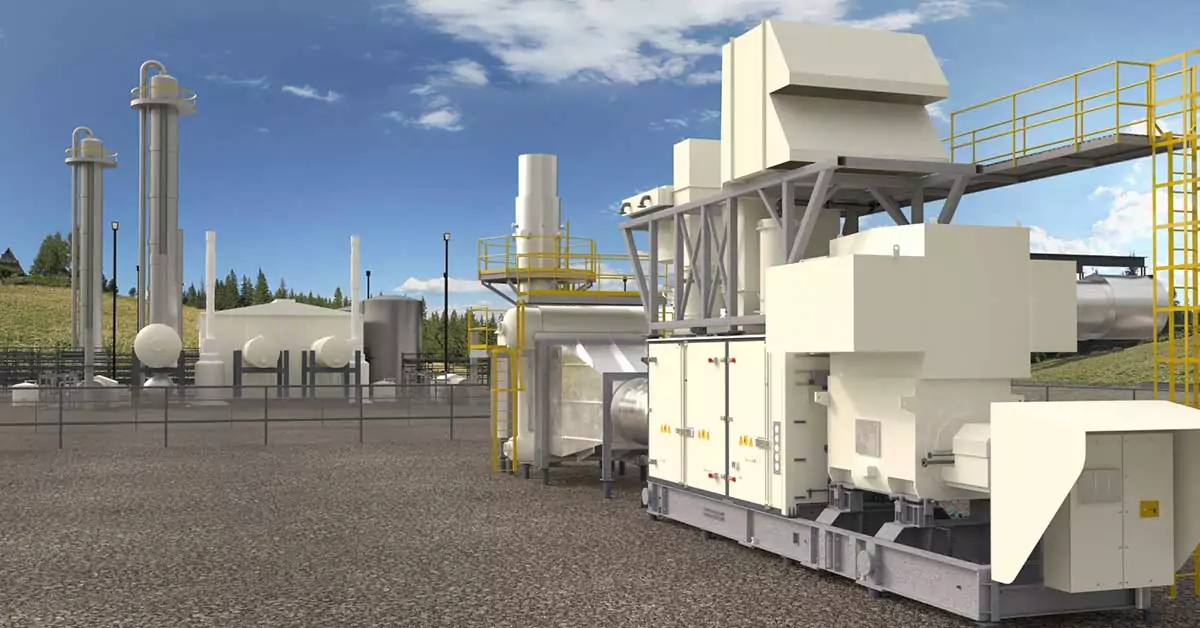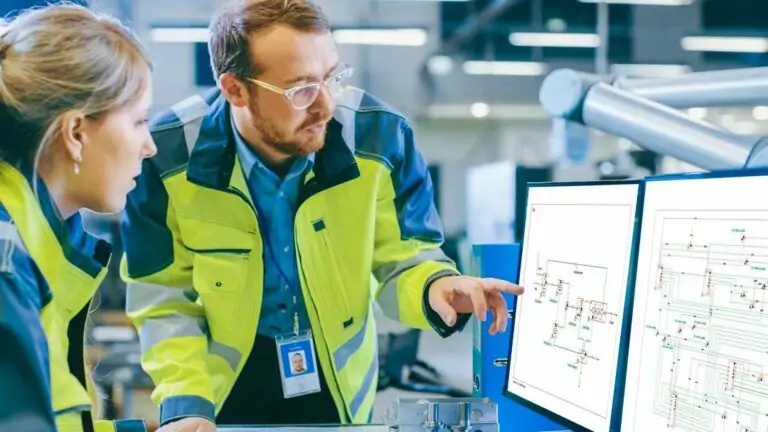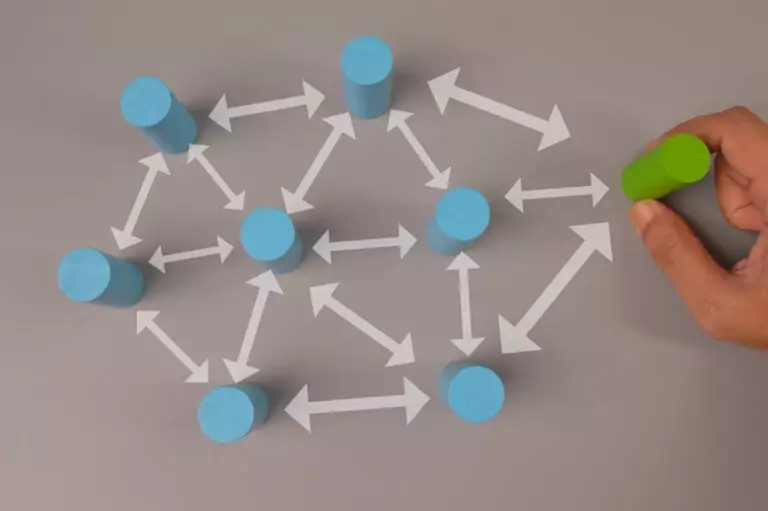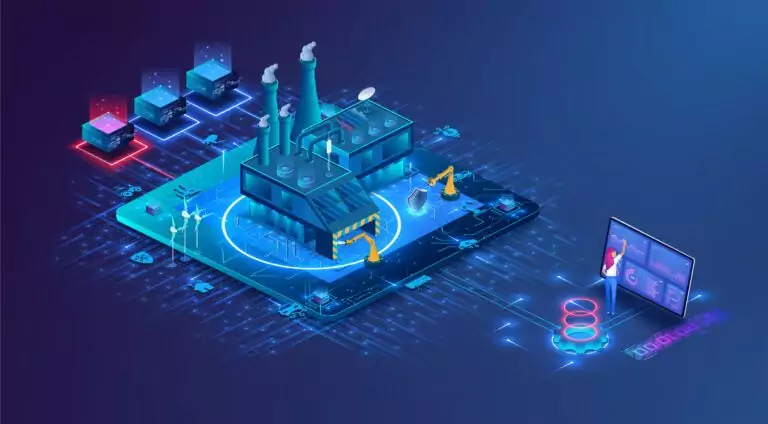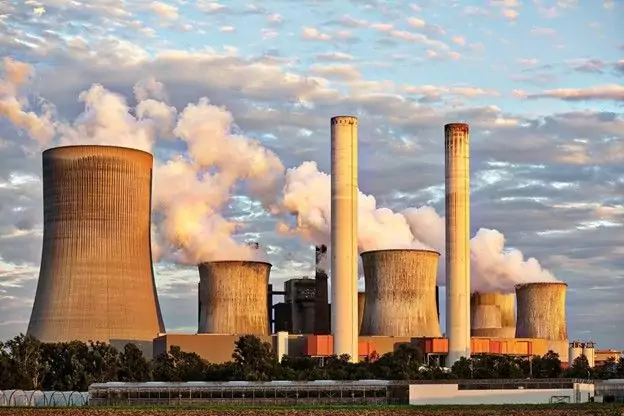Micro CHP (combined heat and power) technology, also commonly known as industrial micro-cogeneration systems, is helping to improve energy efficiency worldwide. These micro CHP units are often used in residential and light commercial applications.
Indeed, dual heating and power systems are gaining in popularity. People in countries around the globe, including Canada and China, are using micro-cogeneration to move towards decentralized energy systems. And for good reason.
Manufacturers in the micro combined heat and power market are producing highly efficient cogen technology, including biomass micro CHP systems.
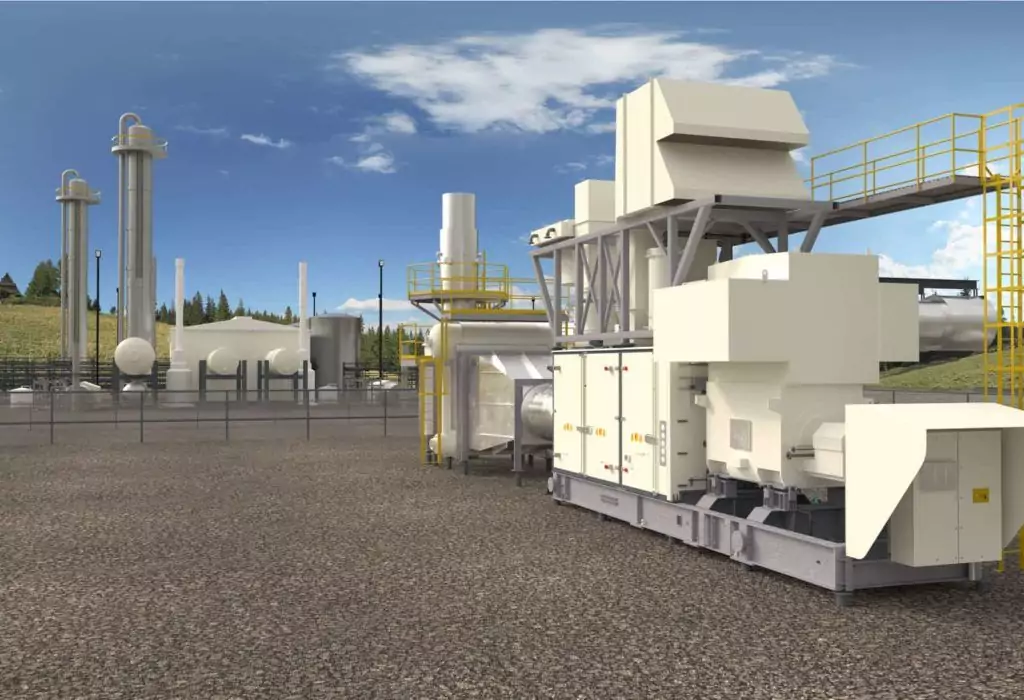
A standard micro-cogeneration unit can have a mid-range electrical power output of 5 kW – 25 kW. This is a sufficient way to provide high-efficiency electricity to buildings for a variety of uses. When the unit size and fuel cell are appropriately matched for an application, a CHP system offers several benefits:
- Higher energy efficiency
- Cost savings via lower energy bills
- Reduced CO2 emissions
- Improved power security
Cogeneration units of this scale are emissions-friendly and can provide backup redundancy or primary power and hot water for:
- Hotels
- Hospitals
- Apartment buildings
- Manufacturing and other urban businesses
- Single-family homes
But largescale infrastructure requires more power generation. If you’re looking to generate electricity for a central processing facility or production plant, residential micro-CHP units won’t cut it.
And that’s where Vista’s micro-cogeneration system comes into play.
Vista’s Micro-Cogeneration System
Our engineering services team designed our micro-cogeneration system designed specifically for remote industrial applications with larger power needs.
Unit Specifications
- Output capacity: 5 MW – 25 MW
- Condensed footprint: 1,250 m2 (25m x 50m)
- Operating pressure: 150 psig (1034 kPag)
- Electrical generation: gas turbine generator (GTG)
- Steam production: heat recovery steam generator (HRSG)
- Dual heat delivery: exclusive GTG exhaust gas or combination of GTG exhaust with additional fuel gas
Our micro co-generation units represent a viable off-grid option for a variety of applications to reduce carbon emissions.
Natural gas plants located in remote regions, such as northern British Columbia, are a good example. In these remote areas, it may be too expensive to reach the production plant with transmission lines. With an output capacity of 5 MW – 25 MW, Vista’s micro-cogeneration unit is an efficient way to power plant operations.
What is Micro Cogeneration?
Cogeneration through CHP is the production of electricity and thermal energy from a single fuel or energy source. Cogeneration production plants typically have an output capacity of 100 MW or more. Micro cogeneration refers to the smaller scale production of combined heat and power within a contained system package.
How Does CHP Work?
CHP systems recover otherwise-wasted thermal energy to produce heat or electricity that can be put to better use. The thermal energy used in micro-cogeneration is typically natural gas or biogas.
There are two types of CHP system configurations.
Topping cycle cogeneration
With topping cycle cogeneration, electricity is generated through the combustion of fuel in a gas turbine or reciprocating engine (prime mover). Heat exhaust from the prime mover is recovered and used in a controlled manner.
Bottoming cycle cogeneration
With bottoming cycle cogeneration, electricity is generated through waste heat. The waste heat is captured and used to provide thermal input to a heat medium system.
Micro CHP Benefits
There are many benefits to a micro CHP system. This report produced on behalf of COGEN Europe identifies five categories of benefit themes. Each benefit theme has its own supporting case study. The five key themes are…
Empowering energy consumers, both residential and light industrial
- Micro CHP can reduce consumer fuel bills and protect against rising energy costs
Balancing renewables, in Europe and around the world
- Micro cogeneration can support renewable energy development by helping to meet the challenges of modern electricity grids
Decarbonising heat
- By cutting current and future carbon emissions, micro-CHP supports a global move towards the decarbonising of heat and electricity supply
Providing energy security
- Micro combined heat and power systems provide high-efficiency energy that improves power grid stability and saves primary energy
Fostering economic growth
- Viewed as a next-generation product for the heating industry, micro CHP will create jobs and build economic value
More About the Advantages of Micro-Cogeneration
Would your project or asset benefit from a stable supply of off-grid energy? Contact Vista today to learn more about how our micro-cogeneration systems can provide 5 MW – 25 MW of high-efficiency combined heat and power.
